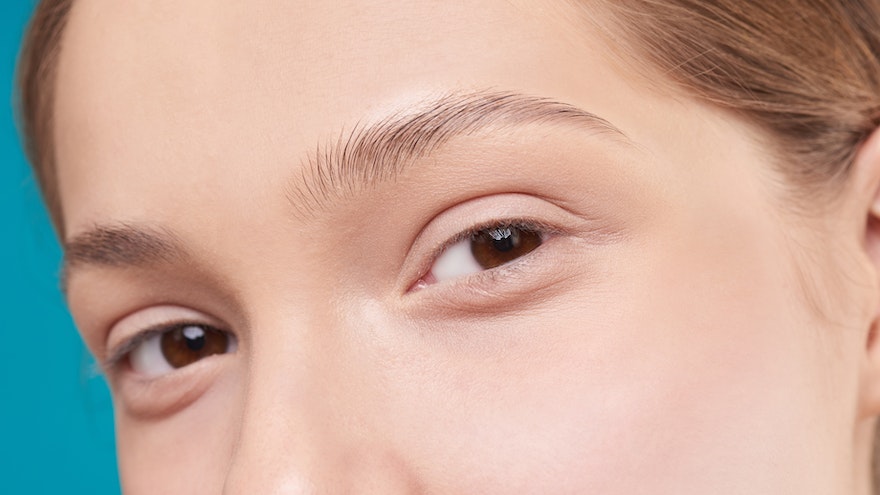It’s well known that our gut health can have a significant impact on our overall physical health, but did you know that it can also affect the health and appearance of our skin? Research has shown that there is a strong link between the health of the gut microbiome and various skin conditions, such as acne and eczema. In this article, we’ll delve into the ways in which gut health can impact these skin conditions and explore some strategies for improving both gut and skin health.
The Gut-Skin Connection
The gut and the skin may seem like unrelated parts of the body, but they are actually connected in a number of ways. For one, the gut is home to trillions of microorganisms, known as the microbiome, which play a crucial role in maintaining overall health and wellbeing. The gut microbiome is involved in a variety of bodily functions, including digestion, immunity, and the production of certain hormones and neurotransmitters.
When the gut microbiome is out of balance, it can lead to a range of health problems, including digestive issues and skin conditions. In fact, research has shown that people with acne and eczema tend to have imbalances in their gut microbiome, suggesting that gut health may play a role in the development and severity of these skin conditions.
How Gut Health Affects Acne and Eczema
So, how exactly does gut health impact acne and eczema? Let’s take a closer look at each of these conditions.
“Acne”
Acne is a common skin condition that affects millions of people around the world. It is characterized by the appearance of pimples, blackheads, and whiteheads on the face, chest, and back. While acne is often thought of as a teenage problem, it can affect people of all ages.
There are several factors that can contribute to the development of acne, including genetics, hormones, and diet. However, research suggests that gut health may also play a role.
One study found that people with acne tend to have lower levels of certain beneficial bacteria in their gut microbiome, such as Lactobacillus and Bifidobacterium, compared to those without acne. These bacteria help to maintain a healthy balance of microorganisms in the gut, which in turn may help to prevent acne.
Additionally, research has shown that the gut microbiome may be involved in the production of sebum, an oily substance that is produced by the sebaceous glands and can contribute to acne. When the gut microbiome is out of balance, it can lead to an excess production of sebum, which may contribute to the development of acne.
Eczema
Eczema, also known as atopic dermatitis, is a chronic skin condition that causes red, itchy, and inflamed skin. It is most common in infants and children, but can also affect adults.
Like acne, eczema is thought to be influenced by a variety of factors, including genetics, environment, and diet. However, research suggests that gut health may also play a role in the development and severity of eczema.
One study found that infants with eczema had a less diverse gut microbiome compared to those without eczema. A diverse gut microbiome is thought to be important for maintaining overall health, including skin health.
Additionally, research has shown that people with eczema tend to have higher levels of certain types of bacteria in their gut microbiome, such as Staphylococcus and Enterococcus, compared to those without eczema. These bacteria may contribute to the inflammation and immune dysfunction that is characteristic of eczema.

Improving Gut and Skin Health
Given the connection between gut health and skin conditions like acne and eczema, it makes sense to focus on improving both gut and skin health in order to find relief from these conditions. Here are some strategies to consider:
- Eat a healthy, balanced diet: A diet rich in fruits, vegetables, and fiber can help to support a healthy gut microbiome and improve skin health.
- Take a probiotic: Probiotics are live microorganisms that can help to restore balance to the gut microbiome. Some research has suggested that probiotics may help to improve the symptoms of acne and eczema.
- Try a prebiotic: Prebiotics are types of fiber that feed the beneficial bacteria in the gut microbiome. Consuming prebiotics may help to support the growth of beneficial bacteria and improve gut and skin health.
- Reduce stress: Chronic stress can have a negative impact on gut and skin health. Finding ways to manage stress, such as through meditation or exercise, may help to improve both gut and skin health.
- Avoid trigger foods: Certain foods, such as dairy, processed foods, and sugar, may contribute to gut and skin issues. Identifying and avoiding trigger foods may help to improve both gut and skin health.
If you’re looking to improve your gut and skin health, our free gut health guide is a great place to start. And for a boost of gut-supporting probiotics and prebiotics, be sure to try a free 3-day supply of our probiotic green juice called Life Greens.


